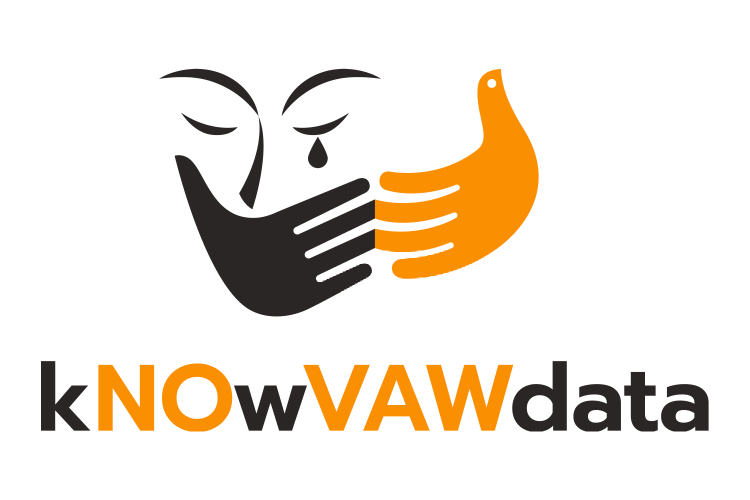Knowledge Hub

The Knowledge Hub provides links to resources supporting the measurement of violence against women and has been funded under the Pacific Spotlight Initiative. While starting with a primary focus on Pacific resources and global resources which are applicable for the Pacific region, the Knowledge Hub will continue under the UNFPA kNOwVAWdata initiative to support global knowledge exchange and a strong community of practice. The strength of this Knowledge Hub is the opportunity to share resources and support all regions of the globe.
If you would like to share links to be added to the Knowledge Hub, please send them to knowvaw-program@unimelb.edu.au.
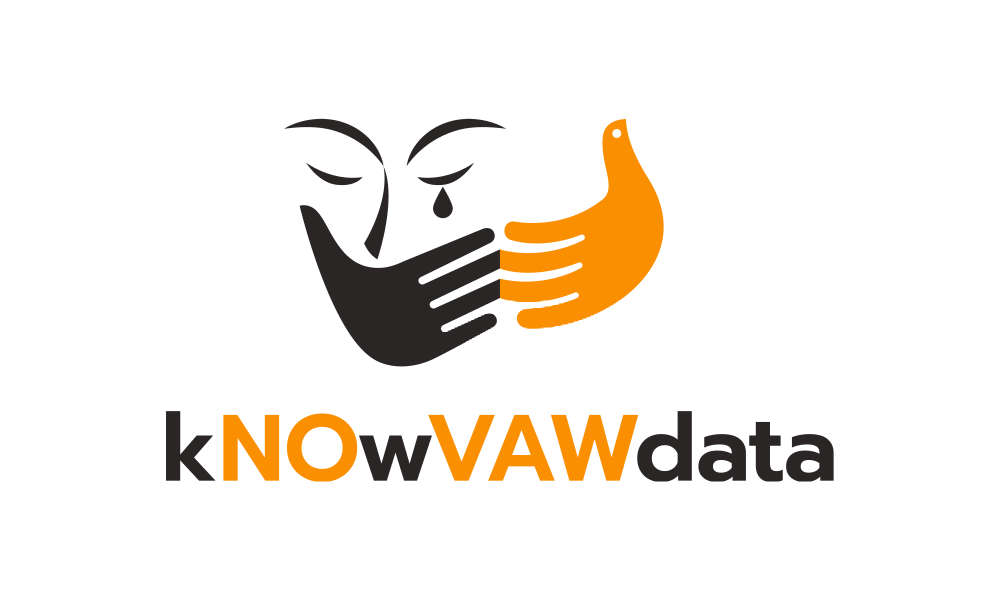
Annual Impact Report 2023 from Women’s Aid
Every year the Women’s Aid Annual Impact Report serves as a harrowing and poignant reminder of the level of domestic violence and abuse against women and children that prevails in homes and relationships across Ireland. Unfortunately, 2023 was no different. This report provides an insight into the coercive and controlling emotional, physical, economic, and sexual abuses inflicted upon women and their children at the hands of current and former intimate partners, whom we supported during just...

The National Intimate Partner and Sexual Violence Survey
The primary objectives of the National Intimate Partner and Sexual Violence Survey are to describe: The prevalence and characteristics of sexual violence, stalking, and intimate partner violence, Who is most likely to experience these forms of violence, The patterns and impact of the violence experienced by specific perpetrators, The health consequences of these forms of violence. The National Intimate Partner and Sexual Violence Survey is an ongoing, nationally representative random digit...

New Survey Methodologies in Researching Violence Against Women
This paper assesses the methodologies of the new national surveys of violence against women, including those in the US, Canada, Australia, Finland and the Netherlands, as well as the British Crime Survey. The development of large‐scale quantitative survey methodology so as to be suitable for such a sensitive subject has involved many innovations. The paper concludes with recommendations for further improvements including: the sampling frame, the scaling of both sexual assaults and range of...

Developing a measure of controlling or coercive behaviour
Initial research into new questions aimed at identifying controlling or coercive behaviour. These crimes are less likely to be reported to the police, therefore it is important we find an effective way to measure these offences. This will provide insight for policymakers, service providers and charities.

The Measurement of Domestic Abuse – Redeveloping the Crime Survey for England and Wales
The Crime Survey for England and Wales (CSEW) is a representative population survey that since the early 2000s has provided ongoing measurement of domestic abuse via a dedicated domestic abuse module, with regular publication of headline prevalence and other descriptive data. At the same time the measurement of domestic violence in the CSEW has also been the subject of ongoing debate and critique, in particular whether it is appropriate to use catch-all prevalence measures in the context of...

UNICEF Communities Care Programme: Somalia Impact Evaluation
The United Nations Children’s Fund (UNICEF) Communities Care: Transforming Lives and Preventing Violence programme is a community-based model for preventing and responding to sexual violence against girls and women in conflict-affected settings. The programme is premised on the idea that while armed conflict causes horrendous suffering for those affected, the disruption it causes may also present an opportunity for positive change in social norms that can contribute to gender equality and...

UNICEF Communities Care Programme: South Sudan Impact Evaluation
The United Nations Children’s Fund (UNICEF) Communities Care: Transforming Lives and Preventing Violence programme is a community-based model for preventing and responding to sexual violence against girls and women in conflict-affected settings. The programme is premised on the idea that while armed conflict causes horrendous suffering for those affected, the disruption it causes may also present an opportunity for positive change in social norms that can contribute to gender equality and...

Background paper: A synthesis of evidence on the collection and use of administrative data on violence against women
This background paper was developed to synthesize evidence, including divergent expert opinions, on the collection and use of VAW administrative data. It was used as the technical document for an Expert Group Meeting (EGM) on Administrative Data on Violence Against Women convened in September 2019 by UN Women. The background paper and the discussions and recommendations coming out of the EGM will inform the development of global guidance on the collection and use of VAW administrative data.

National Study on Violence against Women in Georgia 2022
UN Women teamed up with the National Statistics Office of Georgia (GEOSTAT) to conduct a second nationwide study on violence against women in Georgia in 2022. Building on the initial study in 2017, the 2022 survey significantly expanded its methodology to include additional forms of intimate partner violence, non-partner violence, sexual harassment, stalking, as well as attitudes and social norms related to violence against women. A total of 3,300 women and 1,104 men were interviewed across...

Global Database on Violence against Women
The global database is a unique “one-stop site” for information on the following types of measures undertaken by Governments to address violence against women: Institutional mechanisms; Research and statistical data; Laws; Policies; Budgets; Services; Prevention; Perpetrators programmes; Regional/International initiatives; Monitoring and evaluation
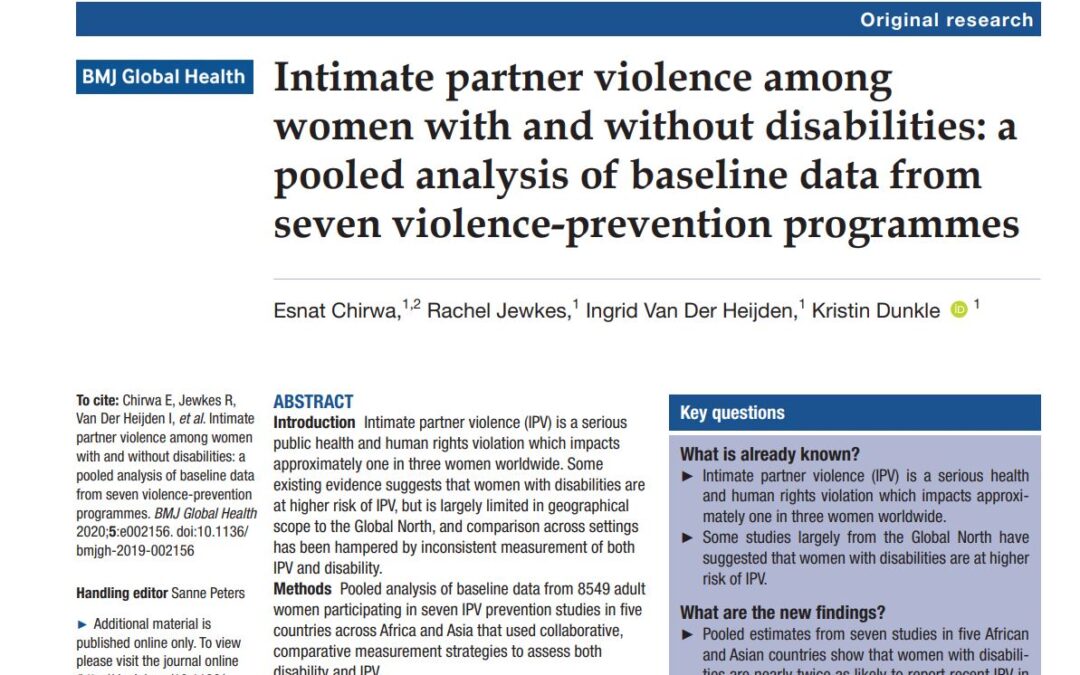
Intimate partner violence among women with and without disabilities: a pooled analysis of baseline data from seven violence-prevention programmes
Pooled analysis of baseline data from 8549 adult women participating in seven IPV prevention studies in five countries across Africa and Asia that used collaborative, comparative measurement strategies to assess both disability and IPV.

Children and Young People Bereaved by Domestic Homicide
This brief report conveys key findings from the study “Children and young people bereaved by domestic homicide: Understanding home, relationships and identity,“ with a focus on Australia.
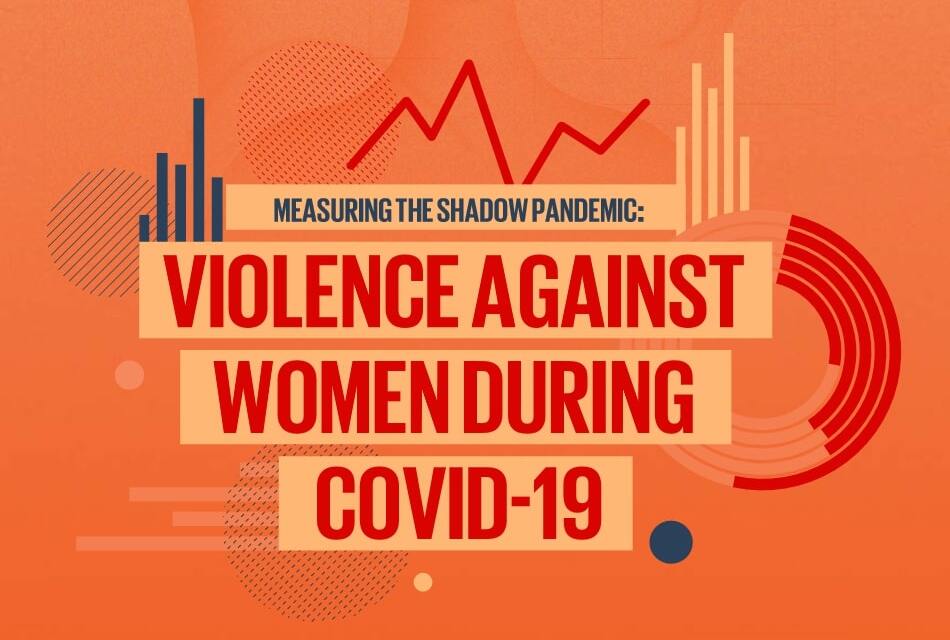
Measuring the shadow pandemic: Violence against women during COVID-19
This publication compiles and analyses the results of Rapid Gender Assessment surveys on the impact of COVID-19 on violence against women (VAW RGAs) in 13 countries.
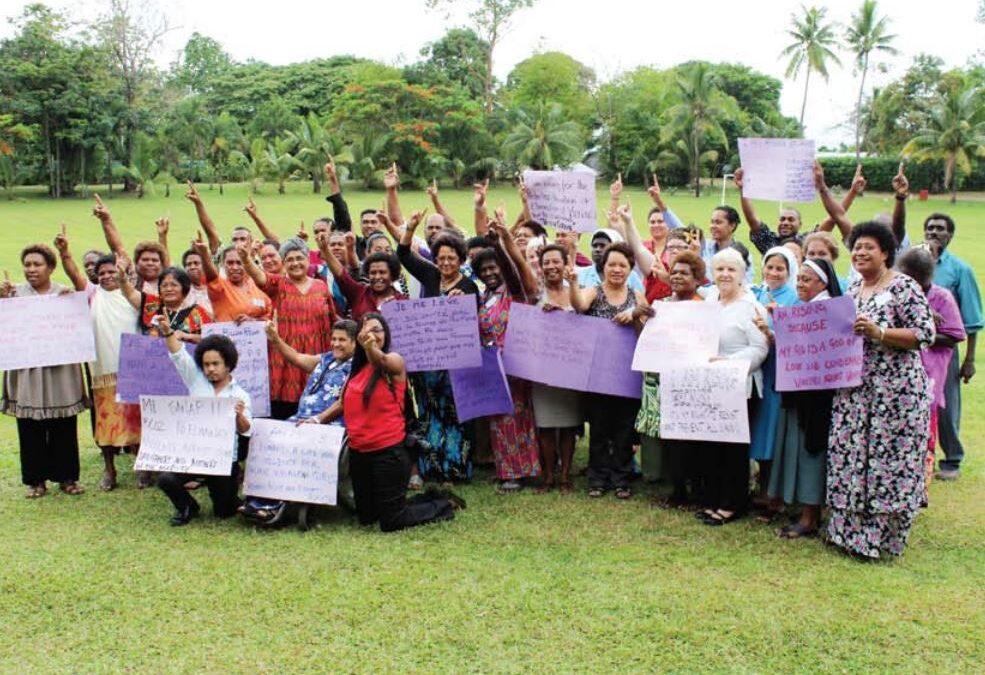
Somebody’s Life, Everybody’s Business! National Research on Women’s Health and Life Experiences in Fiji (2010-2011)
Somebody’s Life, Everybody’s Business is a national research on women’s health and life experiences in Fiji (2010/2011). It is a survey exploring the prevalence, incidence and attitudes to intimate partner violence in Fiji.

Due Diligence and State Responsibility to End Violence Against Women: Standards, Indicators and Good Practices
The Due Diligence and State Responsibility to Eliminate Violence against Women: Standards, Indicators and Good Practices project is a research-advocacy project that is collecting good practices and State actions in the formulation, implementation and enforcement of policies, laws, procedures and processes in relation to violence against women.
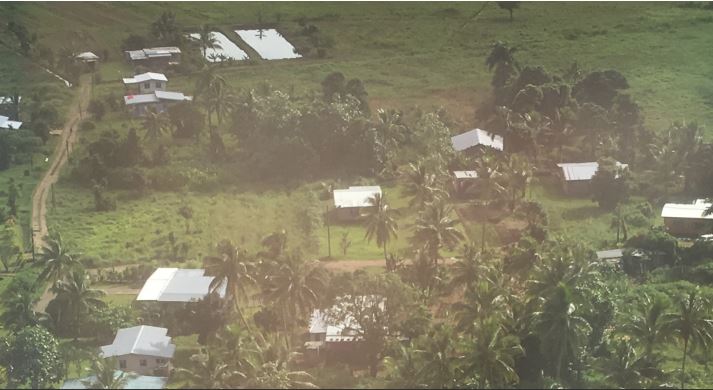
Exploring Multidimensional Poverty in Fiji: Findings from a Study Using the Individual Deprivation Measure
The Individual Deprivation Measure (IDM) is a new, gender sensitive and multidimensional measure of poverty. The measure assesses deprivation at the individual level, in relation to 15 key dimensions of life, making it possible to see who is poor, in what way and to what extent. This study explores what additional insights could be gained by individual-level, gender-sensitive poverty measurement in Fiji

Swimming Against the Tide: Lessons Learned from Field Research on Violence Against Women in the Solomon Islands and Kiribati
Lessons Learned from Field Research on Violence Against Women in the Solomon Islands and Kiribati
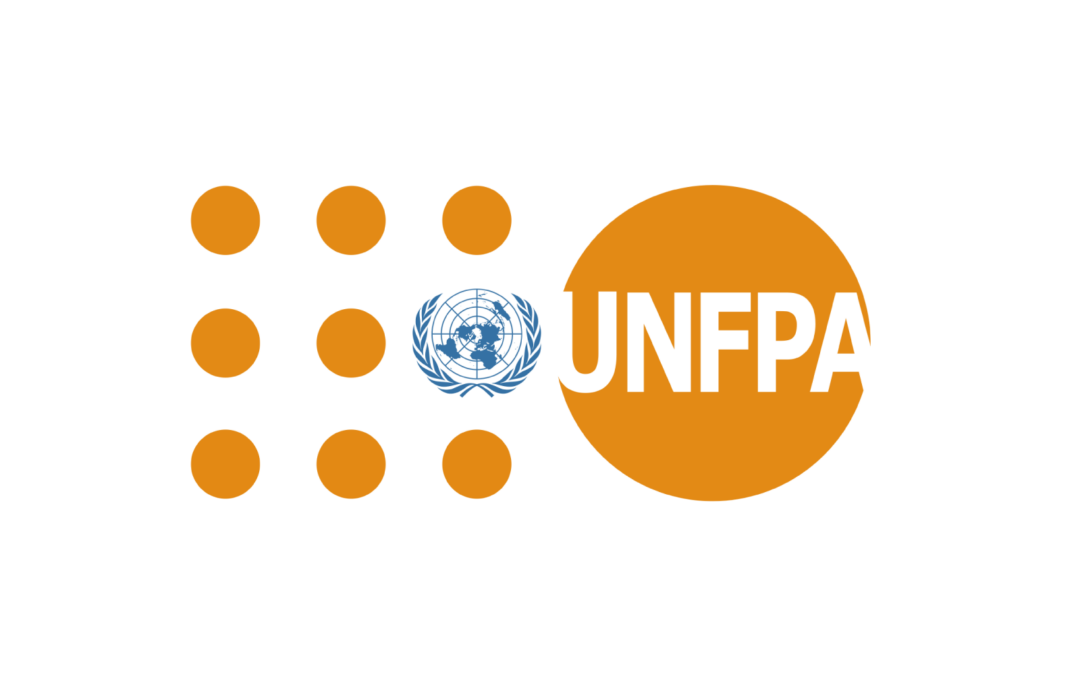
UNFPA Asia Pacific kNOwVAWdata dashboard
Data visualizations and reports from the latest national violence against women prevalence surveys in the Asia-Pacific region; Resources on violence against women data measurement, analysis and uptake; kNOwVAWdata updates; Real-life stories of the brave and compassionate individuals involved in measuring vitally important, nationally representative data on violence against women.
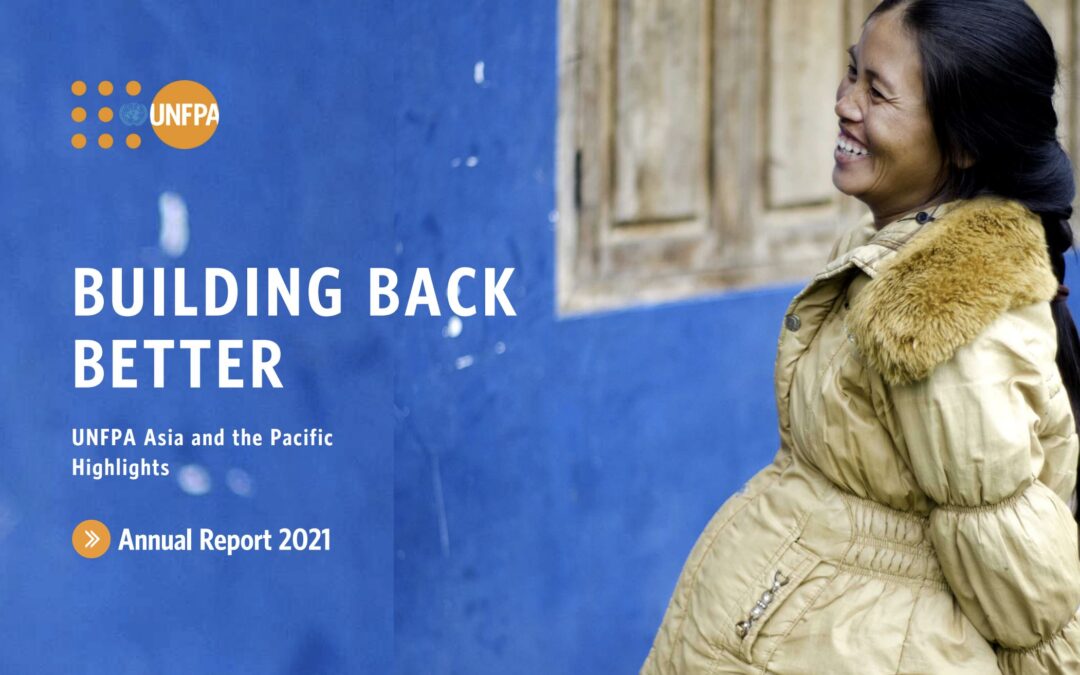
Annual Report 2021: UNFPA Asia and the Pacific
UNFPA across Asia and the Pacific outlining progress towards our transformative results of zero maternal deaths, zero unmet need for family planning, and zero gender-based violence and harmful practices against girls and women.

Population Data Portal – Towards Zero gender-based violence and harmful practices
UNFPA’s ultimate data source and tracker for population and development data. It combines the newest population data on topics like sexual and reproductive health and reproductive rights, family planning, maternal health, or gender based violence gathered from a multiple sources.
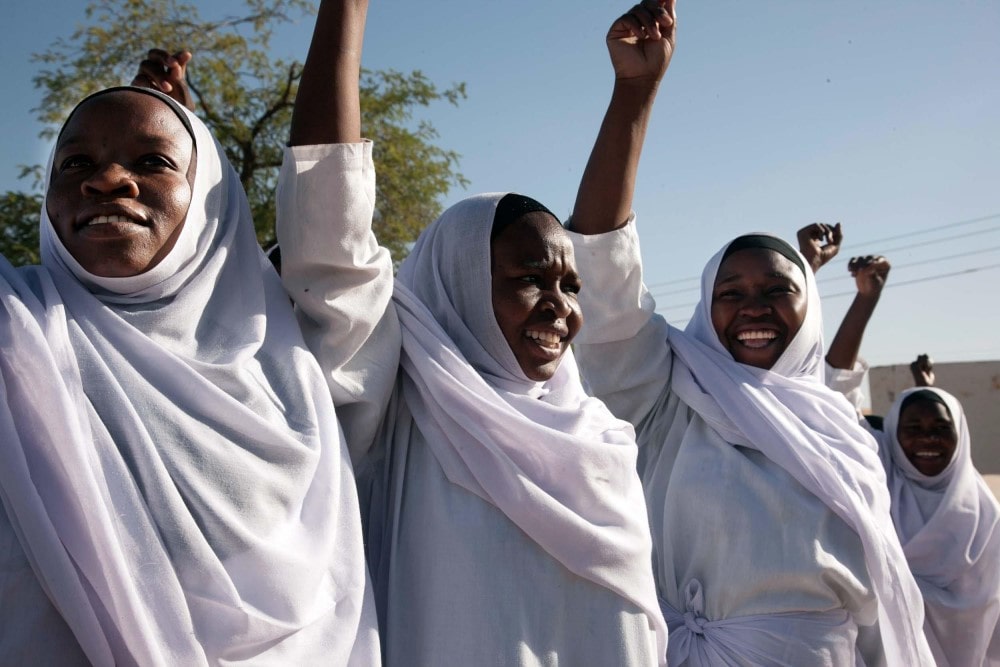
A focus on violence
The shadow pandemic: Violence against women and girls and COVID-19. Data on violence against women during the COVID-19 pandemic
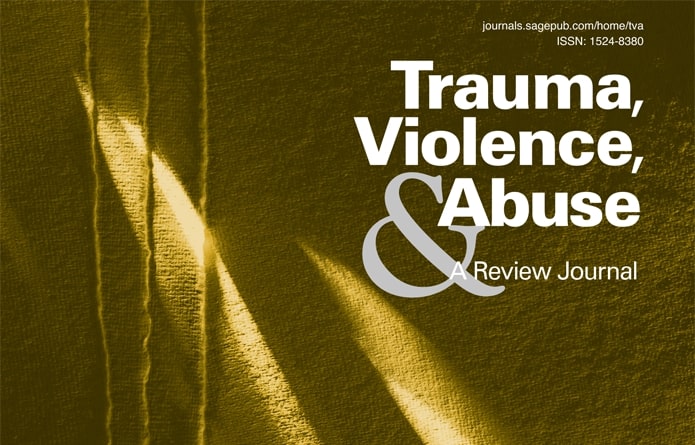
Survey data sets pertinent to the study of intimate partner violence and health
This article describes some currently available survey data sets that contain information regarding women's experiences of intimate partner violence and health, identifies a number of the strengths and limitations of these data sets, and makes recommendations concerning the types of survey data that should be gathered in the future to help move the field forward.
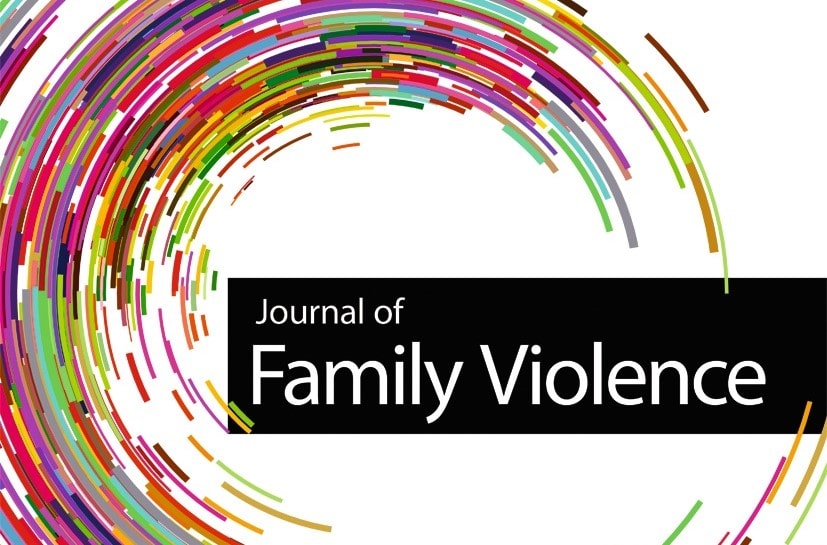
Intersectionality and Invisible Victims: Reflections on Data Challenges and Vicarious Trauma in Femicide, Family and Intimate Partner Homicide Research
This article draws upon the experiences of four researchers in the field of femicide, family and intimate partner homicide - and offers insights into processes, impacts and unintended consequences of fatality reviews and research initiatives
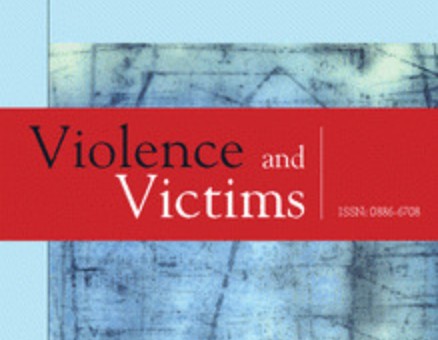
Maternal Childhood Parental Abuse History and Current Intimate Partner Violence: Data From the Pacific Islands Families Study
The aim of the study was to establish the association between the experience of maternal and/or paternal emotional or physical abuse and current severe physical partner violence perpetration or victimization among a cohort of Pacific women.
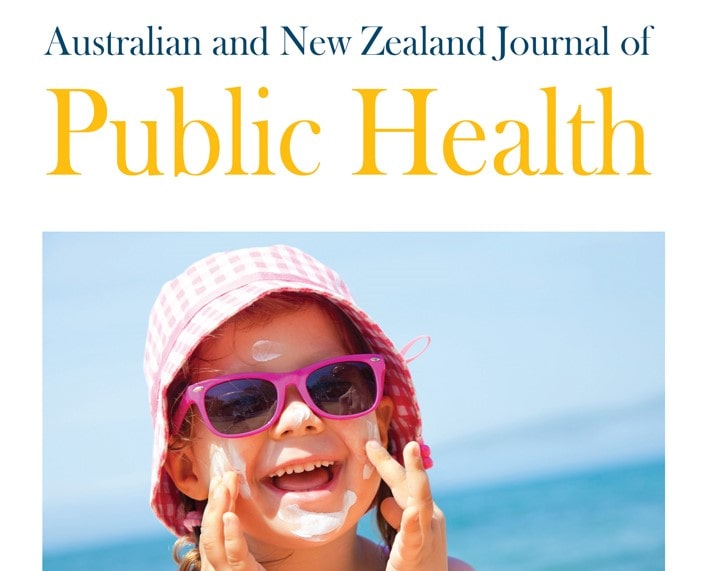
Factors associated with induced abortion over time: secondary data analysis of five waves of the Australian Longitudinal Study on Women’s Health
Objective: A trend analysis of associations with induced abortion. Methods: Secondary analysis of the Australian Longitudinal Study of Women's Health (N=9042). Conclusions: Abortion remains strongly associated with factors affecting women's control over reproductive health such as partner violence and illicit drug use.
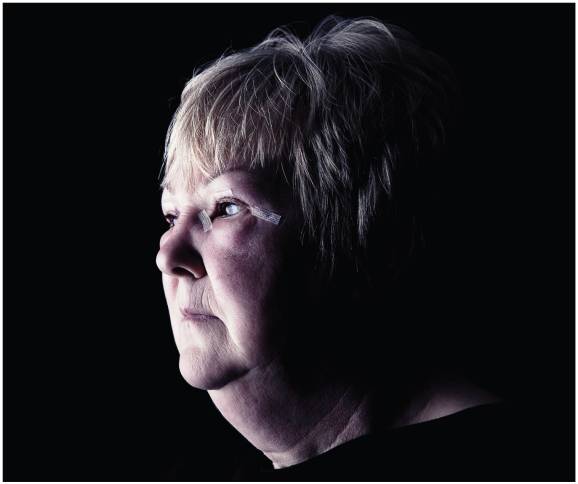
New WHO guidelines on intimate-partner violence
The World Health Organization (WHO) has issued new practice and policy guidelines to help health care practitioners screen, treat and support victims of sexual and partner violence.
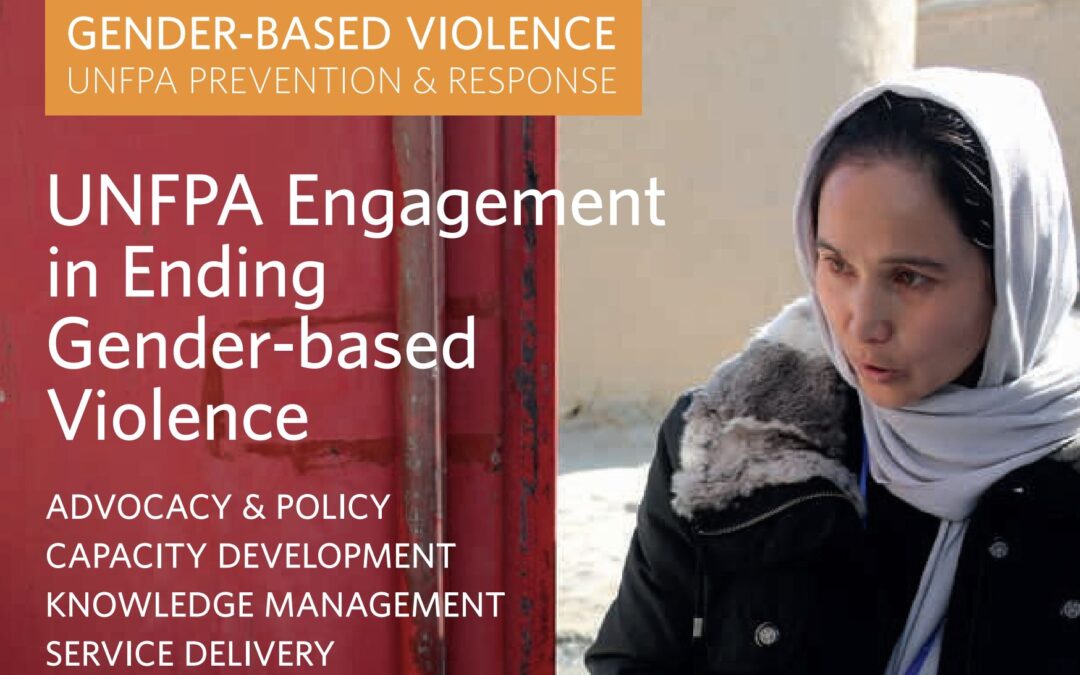
UNFPA Engagement in Ending Gender-based Violence
Page 19-24; discusses collecting data and evidence (with discussions around challenges in gathering data)
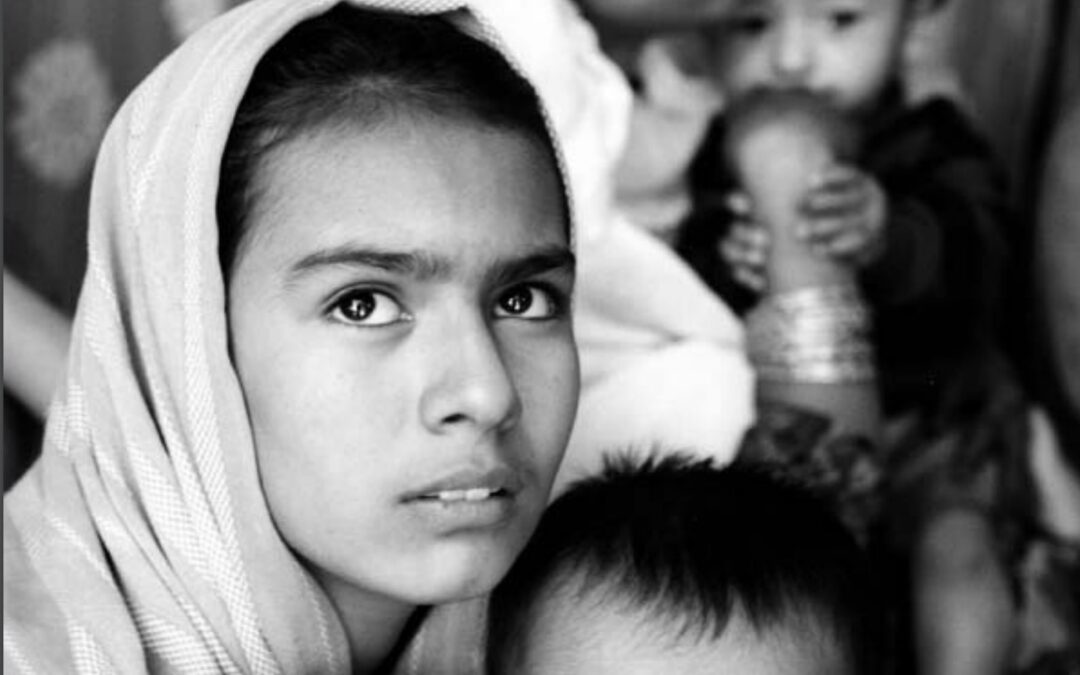
Addressing violence against women: piloting and programming
After the release of the guide: A Practical Approach to Gender-Based Violence: A Programme Guide for Health Care Providers & Managers in 10 countries, presentations and discussions were conducted to evaluate the guide's release (recommendations are presented on page 12) with experts commenting on the challenges of measurement (pg 17)
